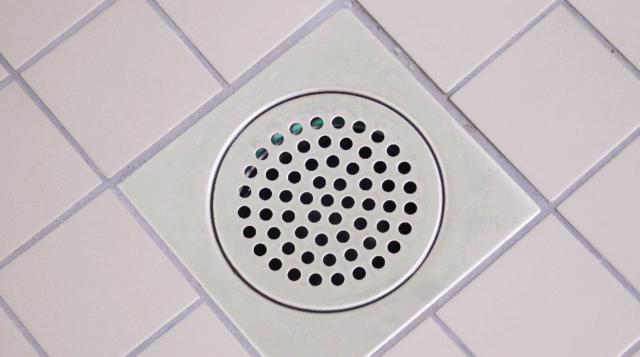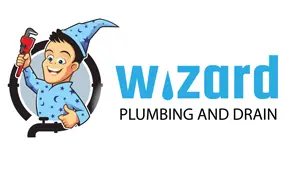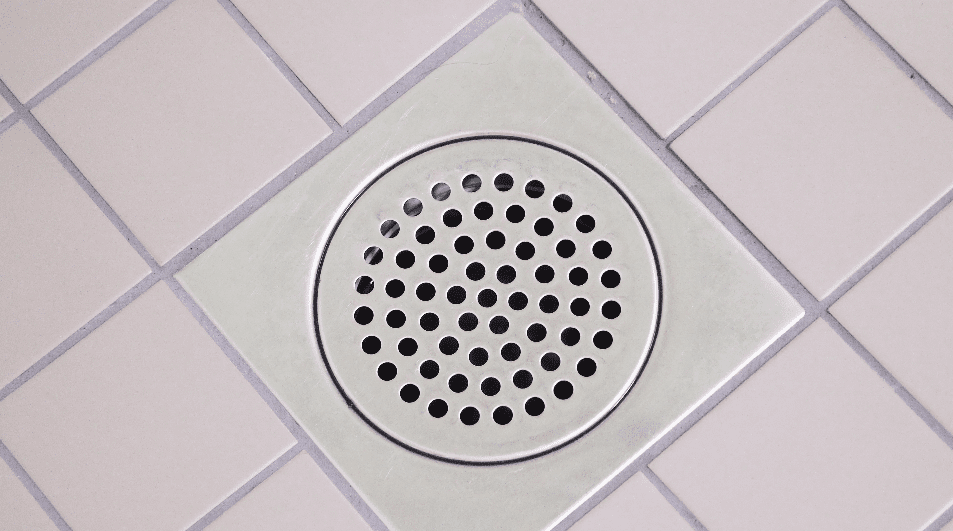A Step-by-Step Guide To Fixing Shower Clogs
Clogged shower drains are a common household problem, often caused by the accumulation of hair, soap scum, and mineral deposits. If left untreated, they can lead to slow draining or complete blockages that require expert help. If you’ve noticed a slow or clogged drain, there are a few things you can try to unclog it on your own. Use our step-by-step guide to get the water flowing freely in your shower again.
Related: How to Fix a Clogged Toilet: A Comprehensive Guide
Tools and Materials Needed
- Plunger
- Hand auger or plumber’s snake
- Drain cleaner (preferably enzyme-based)
- Bucket
- Rubber gloves and eye protection (especially when working with enzyme-based cleaners)
How to Fix a Clogged Shower Drain
1. Manual Removal
If your shower is still draining, but it is slower than normal, you may have hair or debris caught in the pipe that can be removed manually.
a. Remove the Drain Cover: Often, clogs can be accessed by simply removing the drain cover.
b. Extract Visible Debris: Using gloved hands or pliers, remove any visible debris, like hair or soap buildup.
Pro-tip: Hair and soap scum could be deeper inside the pipes and be difficult to remove by hand. Tools like small wire hooks can help your reach, but using them also carries the risk of scratching or damaging your pipes. Use any tools carefully, or try the other methods below—or for the safest option, call a trusted professional.
2. Use a Plunger
This method is best used when the clog is big enough that water is either draining at a trickle or is not draining at all.
a. Add Water: Fill the shower with enough water to fully cover the plunger head, which helps create a stronger seal.
b. Create a Tight Seal: Place the plunger firmly over the shower drain.
c. Plunge Carefully: Push and pull the plunger to build suction and loosen the clog.
3. Use a Hand Auger or Plumber’s Snake
If plunging doesn’t work, use a hand auger or plumber’s snake to dislodge the clog.
a. Insert the Snake: Insert the snake into the drain, and then turn the handle clockwise.
b. Retrieve the Clog: Carefully pull the snake out, bringing the clog with it.
Pro-tip: A hand auger (plumber’s snake) can clear clogs, but it can also cause damage if not used carefully. Pipes might get scratched, cracked, or punctured, and the clog could be pushed further down. If you’re not sure how to use this tool safely, it’s best to call a trusted professional or schedule a professional drain clear.
4. Use a Drain Cleaner
a. Choose an Enzyme-Based Cleaner: Enzyme-based cleaners are generally safer for pipes.
b. Follow Instructions: Pour the cleaner into the drain, following the manufacturer’s instructions.
Pro-tip: Avoid chemical drain cleaners—they can corrode metal pipes and damage plastic PVC pipes. Over time, this can lead to cracks, leaks, and weakened pipes, joints, and seals.
5. Rinse with Hot Water
After clearing the clog, flush the drain with warm water for several minutes to ensure it is completely clear.
Pro-tip: Don’t pour hot or boiling water down the drain—extreme heat can damage plastic PVC pipes. Warm water will help clear residue safely without risking pipe damage.
Related: Our Holiday Drain Survival Guide: Save Your Drains!
Tips to Prevent Shower Clogs
Prevention is always better than repair, especially when it comes to shower drains. By adopting a few simple habits, you can reduce the chances of clogs and keep your plumbing running efficiently for years.
- Use a Drain Cover or Hair Catcher: Hair is one of the biggest causes of shower clogs. Using a drain cover or hair catcher can catch loose hair before it goes down the drain. These small, cheap tools are easy to put on and clean. Taking a few minutes to clean off hair from the cover regularly can stop clogs before they start.
- Keep Soap Scum and Mineral Buildup Low: Soap scum and minerals can also slow down your drain. Wiping the shower floor and drain area once a week with a gentle cleaner helps keep buildup under control. Don’t pour grease or oily substances down the drain, as they can stick to the pipes and trap other debris.
- Flush Your Drain Regularly: After using an enzyme-based cleaner as directed, it can be helpful to flush your drain once a month with a natural mixture. Pour ½ cup of baking soda down the drain, followed by 1 cup of vinegar. Let the mixture fizz and sit for 15–30 minutes to help break up mild buildup and keep odors away without harming your pipes. Afterward, flush the drain with warm water to clear out any residue. This gentle flush works well with enzyme cleaners to keep your drains healthy and help prevent clogs from recurring.
- Watch What Goes Down the Drain: Don’t put things like cotton swabs, wipes, or other solids down the drain—they can get stuck and cause clogs. Getting into the habit of keeping these items out of your drains will save you time, money, and headaches later.
How Soft Water Helps Keep Your Drains Clear
Along with regular drain care, the type of water in your home plays a big role in helping to keep your pipes clear. Water can be classified as “hard” or “soft” depending on the amount of minerals it contains. Hard water has high levels of minerals such as calcium and magnesium that can form crusty deposits (called “scale”) inside your pipes. This scale buildup can reduce water flow, slowing down drains. Scale can also trap hair, soap, and other debris, increasing the chance of blockages.
Soft water, on the other hand, has fewer minerals and doesn’t leave the same mineral deposits that hard water does, so your drains can stay cleaner and work better for longer.
In most of the San Francisco Bay Area, our water can range from slightly hard to very hard. (In particular, San Jose stands out with some of the hardest water in the area, meaning it has higher mineral levels that can cause more buildup and plumbing issues.) To check your water hardness, you can use a home test kit or check your local water utility’s quality report. If you have hard water, extra drain care and maintenance can help protect your plumbing.

Conclusion
Fixing a shower clog can often be accomplished with a few simple tools and techniques. However, it’s crucial to approach the task with care and to follow appropriate guidelines. If the clog persists after trying these methods, consider consulting a professional plumber. Some clogs may require specialized equipment or techniques that only a professional can provide.
Expert Drain Clearing and Plumbing Services in the San Francisco Bay Area
Ready to keep your drains clear and your plumbing in top shape? Reach out to the experts at Wizard Plumbing and Drain today for professional service you can trust. Let us handle stubborn clogs and keep your home flowing smoothly—schedule your appointment now!

